 More than 80 civil society organizations and scientists from across the United States and Canada today called on President Joe Biden and Prime Minister Justin Trudeau to address a forest-sized hole in their countries’ climate plans at their upcoming summit. In a joint letter to the leaders, the signatories assert that the failure to separately and transparently report greenhouse gas emissions from industrial logging jeopardizes the achievement of the two countries’ 2030 climate goals. … “Canada and the US won’t meet their 2030 emission reduction targets unless they clearly recognize and address the climate impacts associated with industrial logging,” said Michael Polanyi, policy and campaign manager at Nature Canada. A recent study by Nature Canada and the Natural Resources Defense Council (NRDC) based on government data found that emissions from logging and wood use in Canada were at least 75 Megatonnes in 2020, roughly equal to emissions from oil sands operations.
More than 80 civil society organizations and scientists from across the United States and Canada today called on President Joe Biden and Prime Minister Justin Trudeau to address a forest-sized hole in their countries’ climate plans at their upcoming summit. In a joint letter to the leaders, the signatories assert that the failure to separately and transparently report greenhouse gas emissions from industrial logging jeopardizes the achievement of the two countries’ 2030 climate goals. … “Canada and the US won’t meet their 2030 emission reduction targets unless they clearly recognize and address the climate impacts associated with industrial logging,” said Michael Polanyi, policy and campaign manager at Nature Canada. A recent study by Nature Canada and the Natural Resources Defense Council (NRDC) based on government data found that emissions from logging and wood use in Canada were at least 75 Megatonnes in 2020, roughly equal to emissions from oil sands operations.
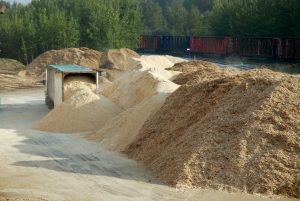 CALGARY — Cowessess First Nation’s $21-million Awasis solar project connects to Saskatchewan’s electricity grid and is capable of powering 2,500 homes annually, on average. …The Awasis solar farm is also an example of many Indigenous-led clean energy projects blossoming right now from coast to coast. Others include the First Nations-owned Meadow Lake Tribal Council Bioenergy Centre, also in Saskatchewan, which will generate carbon-neutral green power using lumber waste from nearby sawmills. In Nova Scotia, the Membertou, Paqtnkek and Potlotek First Nations are equity partners in what is expected to be North America’s first green hydrogen and green ammonia project. …A 2020 report by national not-for-profit organization Indigenous Clean Energy Social Enterprise identified 197 medium-to-large renewable energy generating projects with Indigenous involvement, either in operation or in the final stages of planning and construction.
CALGARY — Cowessess First Nation’s $21-million Awasis solar project connects to Saskatchewan’s electricity grid and is capable of powering 2,500 homes annually, on average. …The Awasis solar farm is also an example of many Indigenous-led clean energy projects blossoming right now from coast to coast. Others include the First Nations-owned Meadow Lake Tribal Council Bioenergy Centre, also in Saskatchewan, which will generate carbon-neutral green power using lumber waste from nearby sawmills. In Nova Scotia, the Membertou, Paqtnkek and Potlotek First Nations are equity partners in what is expected to be North America’s first green hydrogen and green ammonia project. …A 2020 report by national not-for-profit organization Indigenous Clean Energy Social Enterprise identified 197 medium-to-large renewable energy generating projects with Indigenous involvement, either in operation or in the final stages of planning and construction. Each successive report written by the Intergovernmental Panel on Climate Change stands on the shoulders of the last, building our global knowledge and understanding of climate science. The science all points to one incontrovertible fact: humanity continues to warm our planet to dangerous levels. …we’re now living in an age where the costs to our health, our communities, and our economy are mounting, and we must think as much about adaptation as we do about mitigation. …
Each successive report written by the Intergovernmental Panel on Climate Change stands on the shoulders of the last, building our global knowledge and understanding of climate science. The science all points to one incontrovertible fact: humanity continues to warm our planet to dangerous levels. …we’re now living in an age where the costs to our health, our communities, and our economy are mounting, and we must think as much about adaptation as we do about mitigation. …/cloudfront-us-east-2.images.arcpublishing.com/reuters/JBLWSSFHVJL25AE7WHY7IQYG3Y.jpg)

 WASHINGTON — In 2021, wildfires pillaged the world’s carbon-rich snow forests. That year, burning boreal forests released 1.76 billion metric tons of carbon dioxide, researchers reported March 2 in a news conference at the annual meeting of the American Association for the Advancement of Science. That’s a new record for the region, which stores about one-third of the world’s land-based carbon. “It’s also roughly double the emissions in that year from aviation,” said earth system scientist Steven Davis of the University of California, Irvine. The trend, if it continues, threatens to make fighting climate change even more difficult. …Climate change is causing the taiga to warm about twice as fast as the global average. And wildfires are growing more widespread in the region, releasing more of the trapped carbon, which in turn can worsen climate change. …There’s no data yet to show if 2022 saw a similar surge in emissions.
WASHINGTON — In 2021, wildfires pillaged the world’s carbon-rich snow forests. That year, burning boreal forests released 1.76 billion metric tons of carbon dioxide, researchers reported March 2 in a news conference at the annual meeting of the American Association for the Advancement of Science. That’s a new record for the region, which stores about one-third of the world’s land-based carbon. “It’s also roughly double the emissions in that year from aviation,” said earth system scientist Steven Davis of the University of California, Irvine. The trend, if it continues, threatens to make fighting climate change even more difficult. …Climate change is causing the taiga to warm about twice as fast as the global average. And wildfires are growing more widespread in the region, releasing more of the trapped carbon, which in turn can worsen climate change. …There’s no data yet to show if 2022 saw a similar surge in emissions.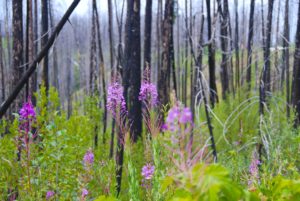 The world’s most northerly forests could be a “time bomb” of planet-warming pollution as expanding wildfires have released record high levels of planet-heating pollution into the atmosphere, according to a new study. Using new satellite data analysis techniques, researchers found that, since 2000, summer wildfires have expanded in boreal forests, which wrap around the northernmost parts of the Earth. Boreal forest fires usually make up 10% of global wildfire-related carbon pollution. But in 2021, their contribution soared to 23%, according to the study, as extreme drought and heatwaves in Siberia and Canada helped drive intense fires. …These forests, which cover huge swaths of Canada, Russia and Alaska, are the world’s largest land biome. They are also carbon dense, releasing 10 to 20 times more planet-heating carbon pollution for each unit of area burned by wildfires than other ecosystems. …Russia’s Siberian region burned nearly 45 million acres of Russian forest in 2021.
The world’s most northerly forests could be a “time bomb” of planet-warming pollution as expanding wildfires have released record high levels of planet-heating pollution into the atmosphere, according to a new study. Using new satellite data analysis techniques, researchers found that, since 2000, summer wildfires have expanded in boreal forests, which wrap around the northernmost parts of the Earth. Boreal forest fires usually make up 10% of global wildfire-related carbon pollution. But in 2021, their contribution soared to 23%, according to the study, as extreme drought and heatwaves in Siberia and Canada helped drive intense fires. …These forests, which cover huge swaths of Canada, Russia and Alaska, are the world’s largest land biome. They are also carbon dense, releasing 10 to 20 times more planet-heating carbon pollution for each unit of area burned by wildfires than other ecosystems. …Russia’s Siberian region burned nearly 45 million acres of Russian forest in 2021.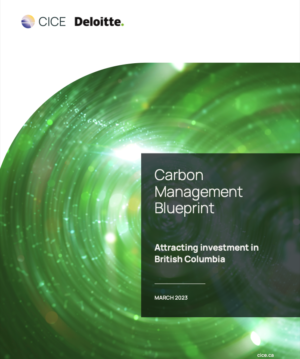 VANCOUVER, BC – The B.C. Centre for Innovation and Clean Energy (CICE) has released the
VANCOUVER, BC – The B.C. Centre for Innovation and Clean Energy (CICE) has released the 

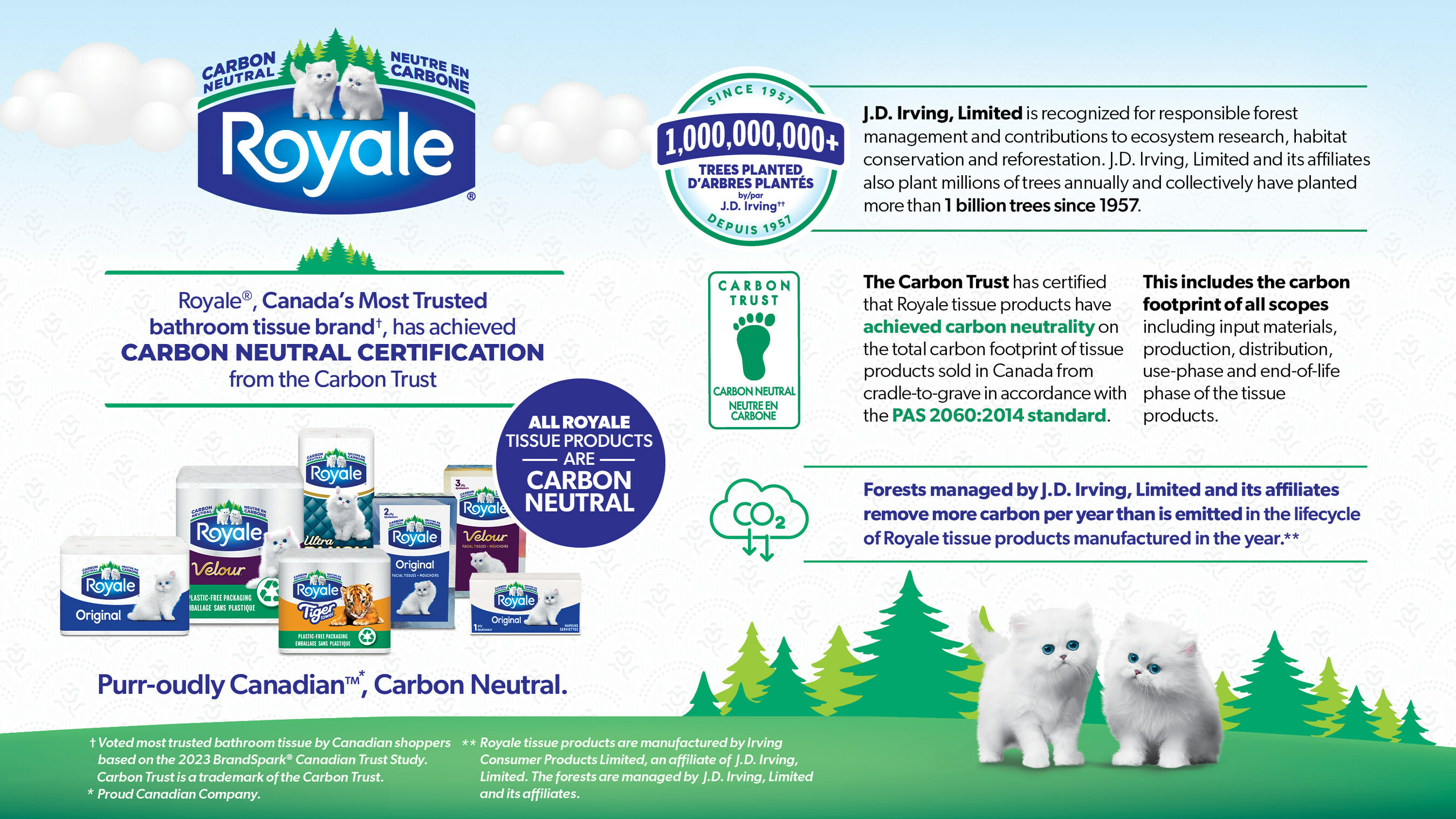
 TORONTO — Last week, the University of Toronto announced that most university-funded air travel will be subject to a carbon-offset fee based on the distance travelled. …But offsets won’t help green the university. …There is ample evidence that many carbon offsets – particularly those not regulated by governments – are of dubious quality. …The vast majority of carbon offsets also only remove greenhouse gases from the atmosphere temporarily – as long as the trees planted remain standing. Some of these “nature-based” offsets are increasingly at risk of becoming sources of greenhouse gas emissions, rather than sinks, owing to the growing threats of drought, fires and pathogens. By contrast, offsets that remove emissions and/or sequester it for centuries or millennia, make up only 3 per cent of the unregulated offset market. These permanent removals come much closer to a real solution. [the access the full story a Globe and Mail subscription is required]
TORONTO — Last week, the University of Toronto announced that most university-funded air travel will be subject to a carbon-offset fee based on the distance travelled. …But offsets won’t help green the university. …There is ample evidence that many carbon offsets – particularly those not regulated by governments – are of dubious quality. …The vast majority of carbon offsets also only remove greenhouse gases from the atmosphere temporarily – as long as the trees planted remain standing. Some of these “nature-based” offsets are increasingly at risk of becoming sources of greenhouse gas emissions, rather than sinks, owing to the growing threats of drought, fires and pathogens. By contrast, offsets that remove emissions and/or sequester it for centuries or millennia, make up only 3 per cent of the unregulated offset market. These permanent removals come much closer to a real solution. [the access the full story a Globe and Mail subscription is required]


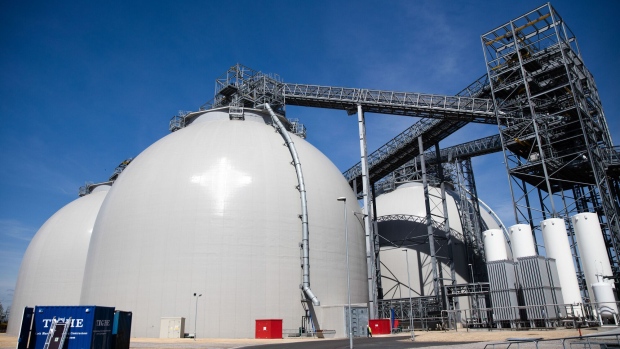

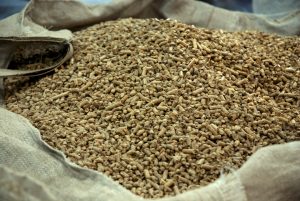 To bolster its climate-friendly credentials, Europe is increasingly reliant on an energy source as old as fire itself — dead trees. …Much of the forests… are in the southeastern United States. A recently published a report on the future of biomass and biogas as a method of transitioning toward a carbon-free Europe by 2050. Mr. Göss found that as of today…“The larger part of the EU’s renewable energy mix is, made up of biomass … in different forms (liquid, gaseous, solid) and origins (wood, grasses, agricultural residues by-products, etc).” In the continent’s largest countries, biomass plants are cropping up in the thousands. …The sustainability of woody biomass — most notably trees — has been questioned by climate activists. …Despite these concerns, the European Union and its legislative body, the European parliament, have fully embraced the practice. …Tree farms in the southeast provide tens of millions of tons of biomass to Europe every year.
To bolster its climate-friendly credentials, Europe is increasingly reliant on an energy source as old as fire itself — dead trees. …Much of the forests… are in the southeastern United States. A recently published a report on the future of biomass and biogas as a method of transitioning toward a carbon-free Europe by 2050. Mr. Göss found that as of today…“The larger part of the EU’s renewable energy mix is, made up of biomass … in different forms (liquid, gaseous, solid) and origins (wood, grasses, agricultural residues by-products, etc).” In the continent’s largest countries, biomass plants are cropping up in the thousands. …The sustainability of woody biomass — most notably trees — has been questioned by climate activists. …Despite these concerns, the European Union and its legislative body, the European parliament, have fully embraced the practice. …Tree farms in the southeast provide tens of millions of tons of biomass to Europe every year. Solving the climate crisis and biodiversity crisis are not separate issues. Animals remove billions of tons of carbon dioxide each year. Restoring species will help limit global warming, new science reveals. Protecting wildlife across the world could significantly enhance natural carbon capture and storage by supercharging ecosystem carbon sinks,
Solving the climate crisis and biodiversity crisis are not separate issues. Animals remove billions of tons of carbon dioxide each year. Restoring species will help limit global warming, new science reveals. Protecting wildlife across the world could significantly enhance natural carbon capture and storage by supercharging ecosystem carbon sinks, 

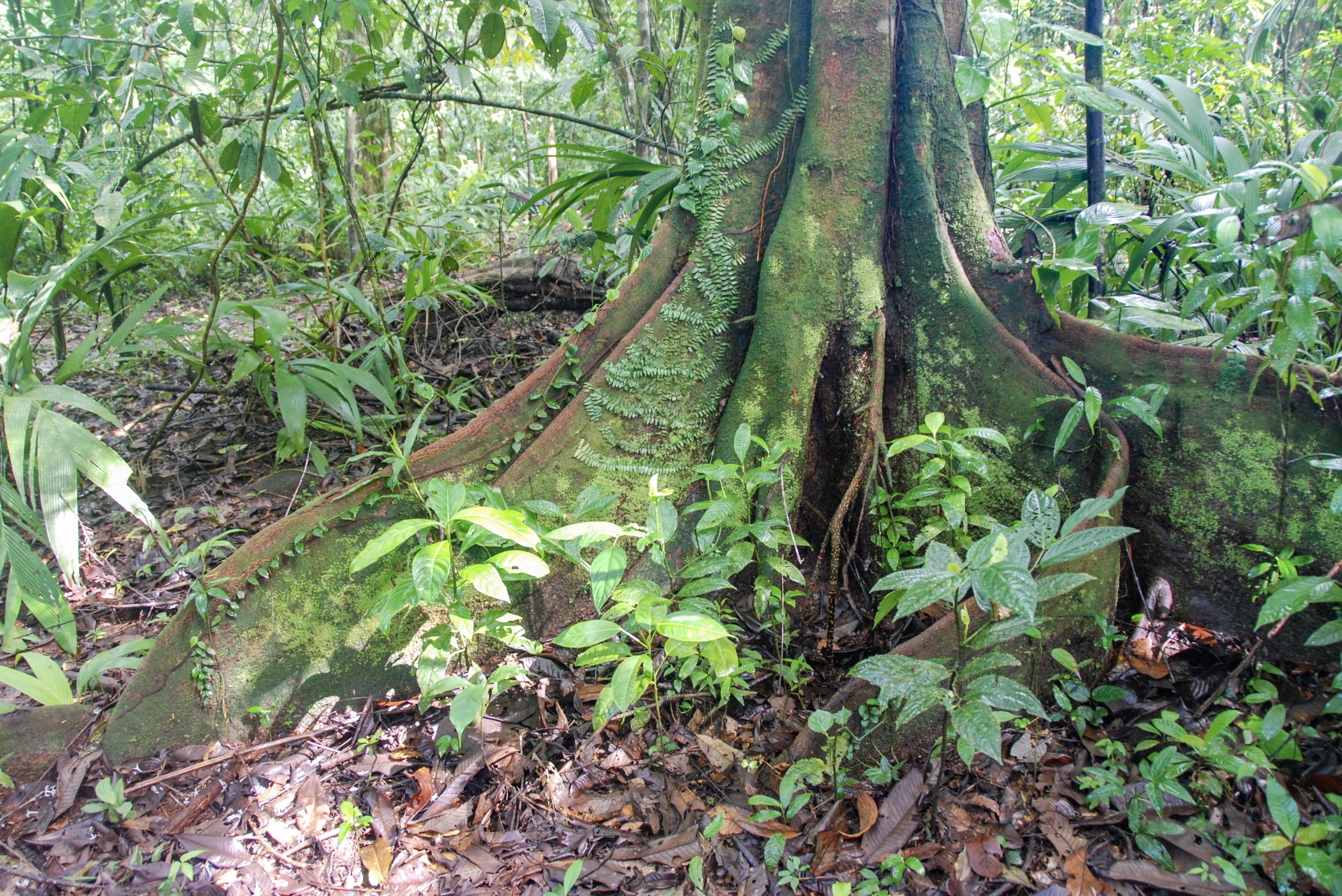 The EU’s biomass sustainability rules will apply more loosely in overseas territories like French Guiana to promote economic development there, but the exception inserted in the bloc’s Renewable Energy Directive will lead to increased deforestation, environmentalists say. EU legislators reached an agreement last week (30 March) on union-wide renewable energy targets for 2030, including biomass. The EU highly regulates biomass use and prohibits, for example, the logging of primary forests, protected areas and areas rich in biodiversity. But the EU’s outermost regions – Guadeloupe, French Guiana, Réunion, Martinique, Mayotte, Saint-Martin, Azores, Madeira and Canary Islands – benefit from an exception. The exemption applies if the biomass is used for electricity generation, heating or cooling purposes to ensure “access to safe and secure energy, ” provided efforts are made to align with the sustainability criteria set out in the renewables directive.
The EU’s biomass sustainability rules will apply more loosely in overseas territories like French Guiana to promote economic development there, but the exception inserted in the bloc’s Renewable Energy Directive will lead to increased deforestation, environmentalists say. EU legislators reached an agreement last week (30 March) on union-wide renewable energy targets for 2030, including biomass. The EU highly regulates biomass use and prohibits, for example, the logging of primary forests, protected areas and areas rich in biodiversity. But the EU’s outermost regions – Guadeloupe, French Guiana, Réunion, Martinique, Mayotte, Saint-Martin, Azores, Madeira and Canary Islands – benefit from an exception. The exemption applies if the biomass is used for electricity generation, heating or cooling purposes to ensure “access to safe and secure energy, ” provided efforts are made to align with the sustainability criteria set out in the renewables directive.
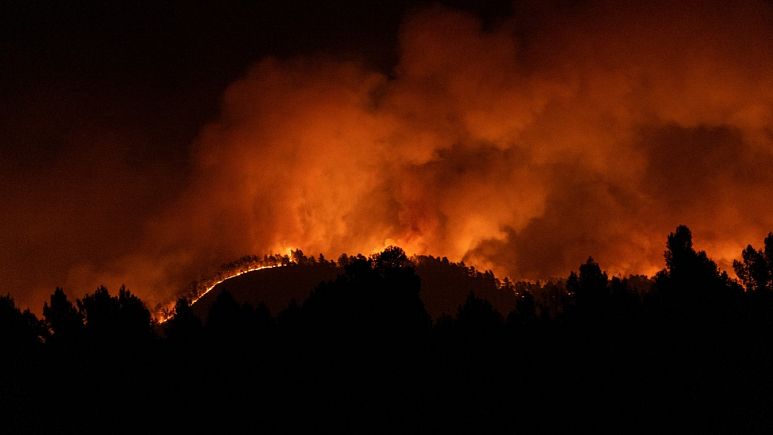
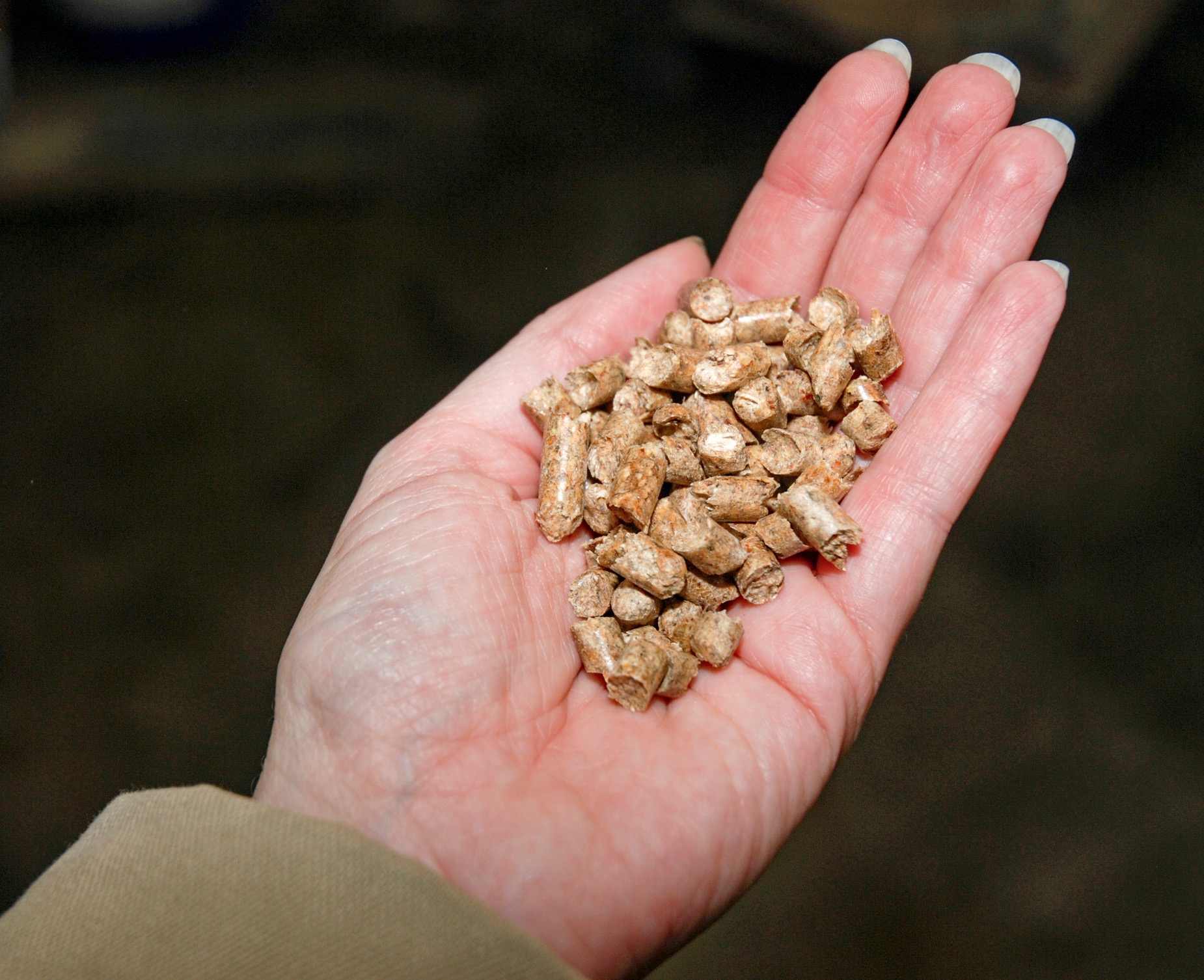 British power generator Drax will pause its planned 2 billion pound ($2.45 billion) UK investment in bioenergy with carbon capture and storage (BECCS) until it receives more clarity on government support, it said on Tuesday. Drax welcomed the UK government’s recent budget support for carbon capture and storage (CCS) but said the company required a firm commitment to BECCS before it could invest the cash to install the technology at its 2.6 gigawatt biomass power plant in Yorkshire, northern England. …Other countries are also interested in building BECCS plants and Drax says it has hosted a ministerial visit from Poland, officials and academics from Indonesia and a delegation of bipartisan U.S. state senators. …Drax is developing technology to capture and store emissions generated from burning wood-based biomass pellets. Green groups have heavily criticised the practice, arguing that it is not a carbon-neutral method of energy generation and that pellet production can contribute to deforestation.
British power generator Drax will pause its planned 2 billion pound ($2.45 billion) UK investment in bioenergy with carbon capture and storage (BECCS) until it receives more clarity on government support, it said on Tuesday. Drax welcomed the UK government’s recent budget support for carbon capture and storage (CCS) but said the company required a firm commitment to BECCS before it could invest the cash to install the technology at its 2.6 gigawatt biomass power plant in Yorkshire, northern England. …Other countries are also interested in building BECCS plants and Drax says it has hosted a ministerial visit from Poland, officials and academics from Indonesia and a delegation of bipartisan U.S. state senators. …Drax is developing technology to capture and store emissions generated from burning wood-based biomass pellets. Green groups have heavily criticised the practice, arguing that it is not a carbon-neutral method of energy generation and that pellet production can contribute to deforestation.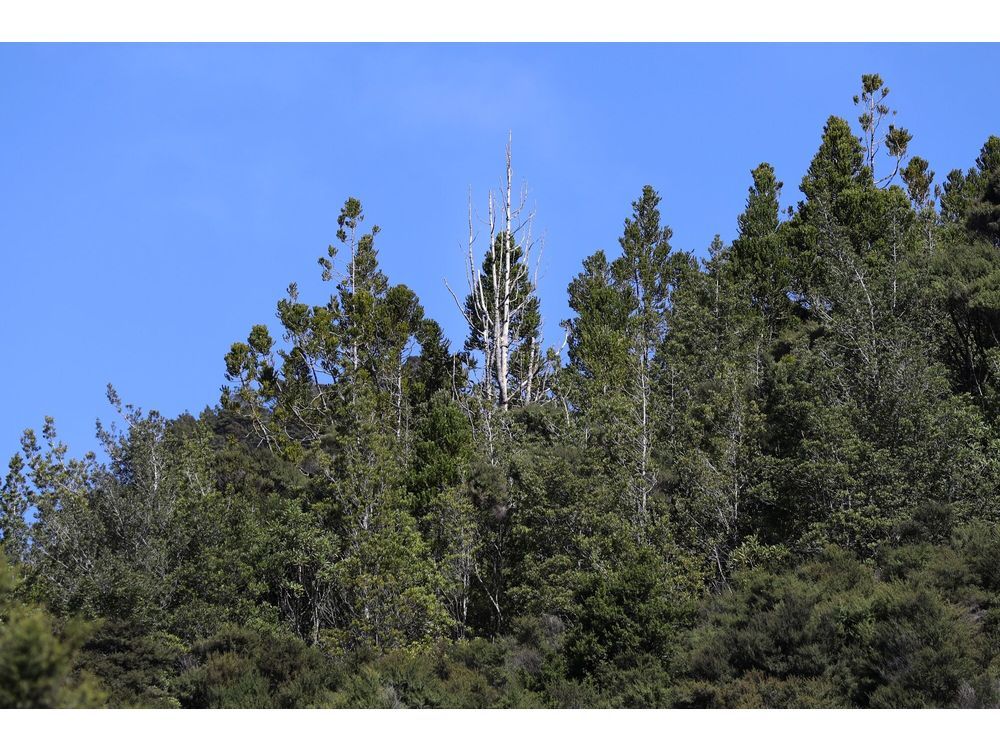
 When it comes to issues around sustainability and energy, there are few subjects less controversial than biomass. Often hailed as a lower carbon option for heating or generating electricity, biomass involves the burning of wood pellets, chips or logs. Its proponents argue that biomass has a key role to play in the road to net zero, using wood that is unsuitable for other products and would otherwise go to waste. But critics have pointed out that biomass still involves burning natural materials, which can pollute the atmosphere. The campaigning group Cut Carbon Not Forest recently published a new survey, which shows 73% of respondents are concerned that burning trees in power stations could be making air pollution worse and harming people’s health. …Despite such criticisms, a survey undertaken for the U.K. government last year found almost three quarters (72%) of respondents supported the use of biomass.
When it comes to issues around sustainability and energy, there are few subjects less controversial than biomass. Often hailed as a lower carbon option for heating or generating electricity, biomass involves the burning of wood pellets, chips or logs. Its proponents argue that biomass has a key role to play in the road to net zero, using wood that is unsuitable for other products and would otherwise go to waste. But critics have pointed out that biomass still involves burning natural materials, which can pollute the atmosphere. The campaigning group Cut Carbon Not Forest recently published a new survey, which shows 73% of respondents are concerned that burning trees in power stations could be making air pollution worse and harming people’s health. …Despite such criticisms, a survey undertaken for the U.K. government last year found almost three quarters (72%) of respondents supported the use of biomass.
 A landmark U.N. report published Monday urged governments across the globe to embark on an urgent course correction to tackle the climate emergency, warning current plans were insufficient to prevent the worst of what the crisis has in store. The U.N.’s Intergovernmental Panel on Climate Change said the unprecedented challenge of keeping global warming to 1.5 degrees Celsius above pre-industrial levels had become even greater in recent years. This has resulted in more frequent and more intense extreme weather events that have caused increasingly dangerous impacts on nature and people in every region of the world, the report said. Deep, rapid and sustained greenhouse gas emission reductions across all sectors will be necessary if warming is to be limited by 1.5 degrees Celsius, the report says, noting that global emissions should already be decreasing and will need to be slashed almost in half by 2030.
A landmark U.N. report published Monday urged governments across the globe to embark on an urgent course correction to tackle the climate emergency, warning current plans were insufficient to prevent the worst of what the crisis has in store. The U.N.’s Intergovernmental Panel on Climate Change said the unprecedented challenge of keeping global warming to 1.5 degrees Celsius above pre-industrial levels had become even greater in recent years. This has resulted in more frequent and more intense extreme weather events that have caused increasingly dangerous impacts on nature and people in every region of the world, the report said. Deep, rapid and sustained greenhouse gas emission reductions across all sectors will be necessary if warming is to be limited by 1.5 degrees Celsius, the report says, noting that global emissions should already be decreasing and will need to be slashed almost in half by 2030.  Just a few days ago, Canada overshot its fair share of Earth’s biocapacity and resources, as measured by the ecological footprint in 2018. By March 13, Canada had already consumed its fair share of the Earth’s bounty for the year. Collectively, humanity passed its 2022 Earth Overshoot Day on July 28. So what does this mean? …The amount of nature we have is measured in terms of a nation’s or the world’s biocapacity, which “represents the productivity of its ecological assets (including cropland, grazing land, forest land, fishing grounds, and built-up land).” It reflects “the ability of an ecosystem to produce useful biological materials and to absorb carbon dioxide emissions.” …Globally, the world had the equivalent of 1.6 hectares of bio-productive land per person in 2018, but collectively we consumed the equivalent of 2.8 hectares. In other words, at present rates of global consumption, it takes the equivalent of 1.8 Earths to meet our collective needs.
Just a few days ago, Canada overshot its fair share of Earth’s biocapacity and resources, as measured by the ecological footprint in 2018. By March 13, Canada had already consumed its fair share of the Earth’s bounty for the year. Collectively, humanity passed its 2022 Earth Overshoot Day on July 28. So what does this mean? …The amount of nature we have is measured in terms of a nation’s or the world’s biocapacity, which “represents the productivity of its ecological assets (including cropland, grazing land, forest land, fishing grounds, and built-up land).” It reflects “the ability of an ecosystem to produce useful biological materials and to absorb carbon dioxide emissions.” …Globally, the world had the equivalent of 1.6 hectares of bio-productive land per person in 2018, but collectively we consumed the equivalent of 2.8 hectares. In other words, at present rates of global consumption, it takes the equivalent of 1.8 Earths to meet our collective needs.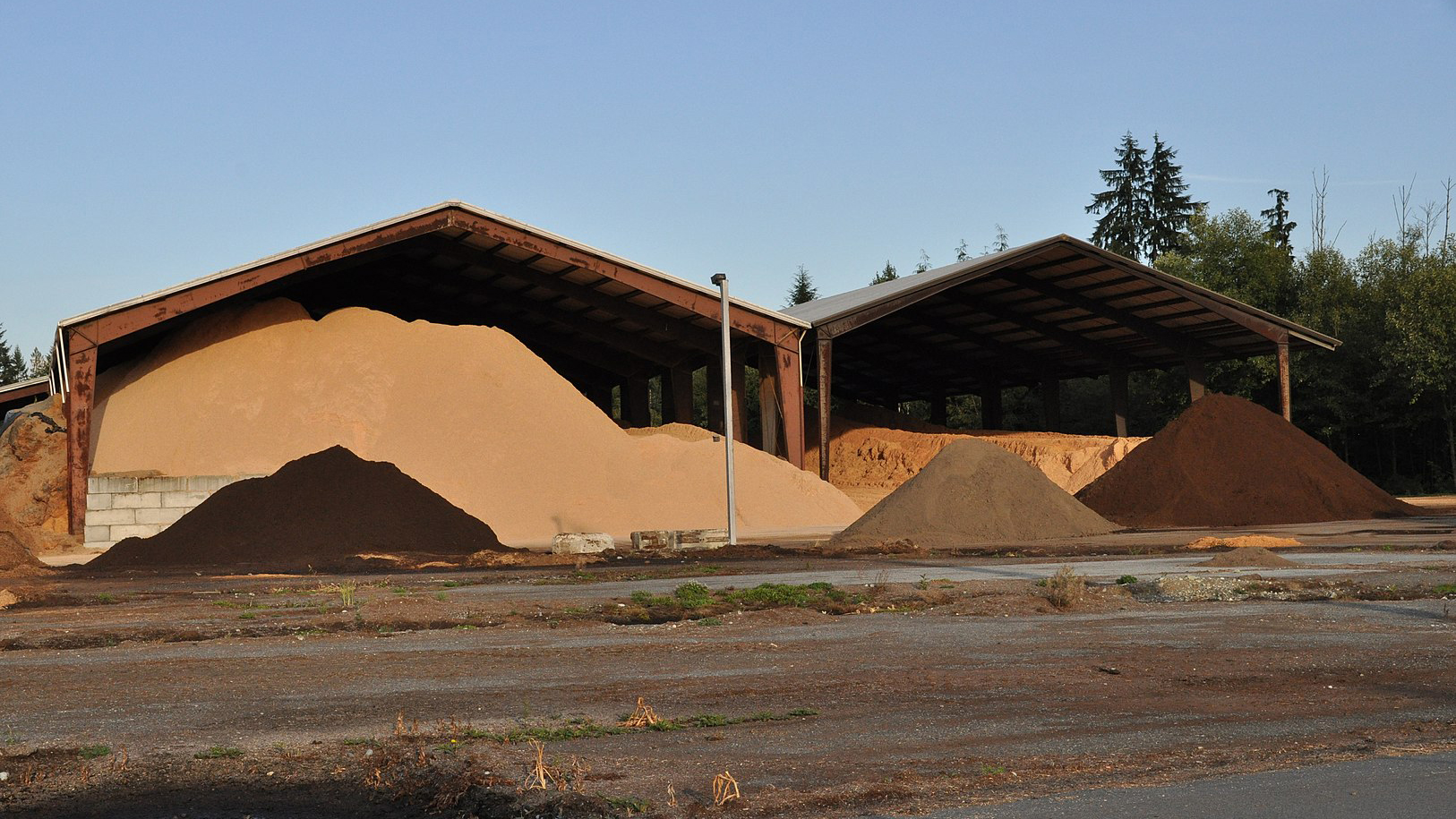
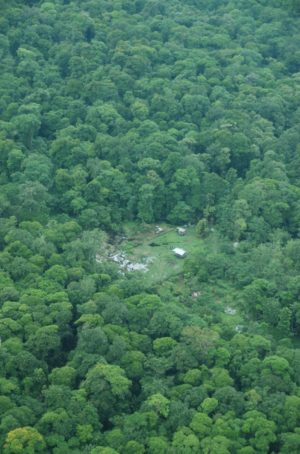 A pioneering global study has found deforestation and forests lost or damaged due to human and environmental change, such as fire and logging, are fast outstripping current rates of forest regrowth. …The research, published in
A pioneering global study has found deforestation and forests lost or damaged due to human and environmental change, such as fire and logging, are fast outstripping current rates of forest regrowth. …The research, published in 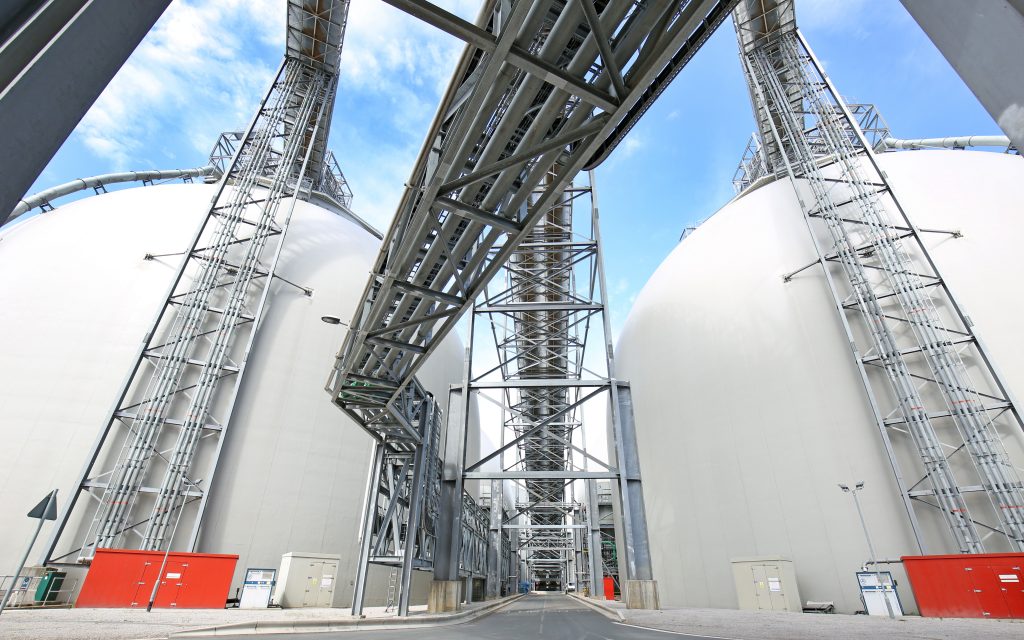
/cloudfront-us-east-2.images.arcpublishing.com/reuters/FGTRD665HJMA7KPS7XWFKJINEM.jpg)
